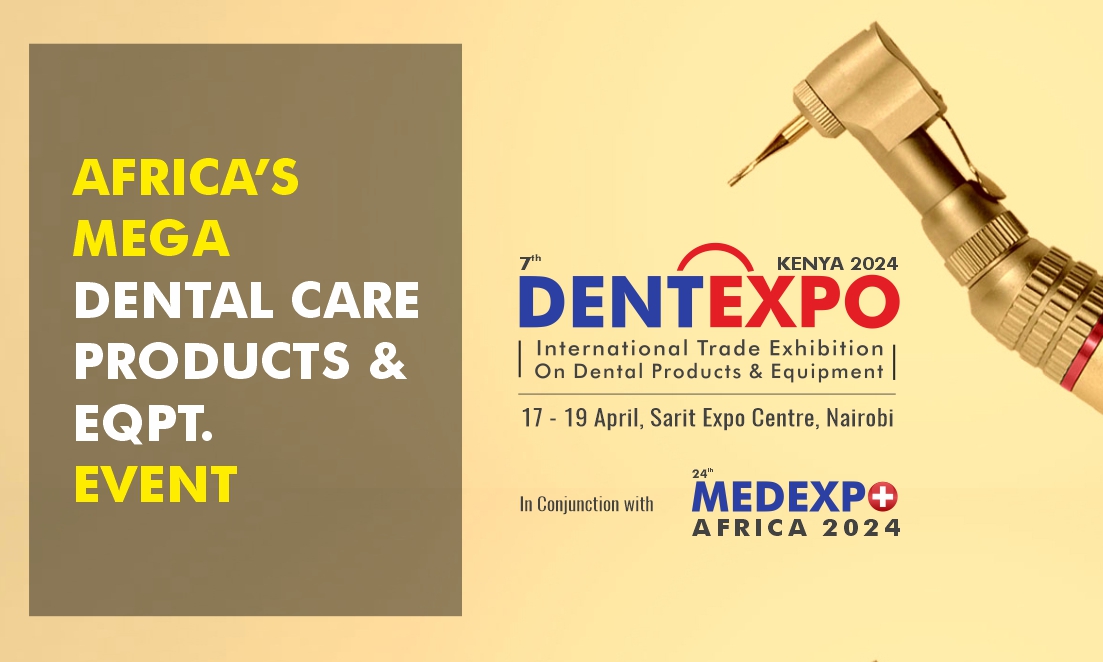

Ethiopia: Bold Move to Address Health Professionals Shortage
Posted on :Friday , 5th August 2016
s the economy of the country is growing, the health service demand of middle income earners is also increasing. Thus, the need for producing specialized health professionals is crucial.
Having healthy citizens is crucial for the over all development of a given country. Development programmes and plans as well as other activities require healthy human power. For this very reason, countries allocate huge budget for the expansion of health facilities, fulfilling medical equipment and the training of health professionals.
In this regard, the Ethiopian government has made great stride in improving access to health services. As a result, the decrease in maternal and child mortality rate and the increase in life expectancy are among the major achievements the country registered so far.
Along with many health interventions, the government has attached due attention to address the acute shortage of health professionals. Health manpower development is one of the priority areas the incumbent has been engaged aggressively in producing middle and higher level professionals.
Health State Minister Dr. Kebede Worku said before 25 years, the number of graduate medical doctors annually was not exceeding 150 but has now reached over 2,700.
Dr. Kebede said the number of medical institutions has also raised from three to 35. However, accessibility is not only ensured by building health facilities, rather by availability of health professionals.
He said 35 public medical collages and seven private colleges train students whose intake capacity have reached over 3,000 students.
For instance, 2,700 medical doctors have graduated this academic year but 25 years ago the total number of medical doctors in the country was less than 1,400, he said.
The State Minister said currently there are 8,000 medical doctors in the country this has improved a physician to population ratio. The country is also striving to meet the standard set by WHO.
According to Dr. Kebede, the number of health professionals in the country was not exceeding 40,000 earlier but following the expansion of training at various levels the figure increased to 180,000 of which 39,000 are health extension workers.
The government and the private sector have been working in the expansion of health infrastructure and training of middle level health professionals.
The participation of the private sector in health service and training provisions has been increasing in the country. Prof. Getachew Aderaye is an investor engaged in health sector. He opened a modern hospital in Addis. He said there is acute shortage of specialized health professionals.
As the economy of the country is growing, the health service demand of middle income earners is also increasing. Thus, the need for producing specialized health professionals is crucial. He said: "More is expected from the government in producing specialized health professionals as per the population size."
However,, he said, the job should not be left to the incumbent alone but the private sector could also play its role in producing specialized doctors and other health professionals.
Addis Ababa University Tikur Anbessa Specialized Hospital College of Medical Science and Internist Dr. Dadi Jima said the government is expanding specialized training in public universities and offering various incentives to retain medical doctors.
For instance, Dr. Dadi said cardiac treatment training is being offered at Tikur Anbessa Specialized Hospital. Though surgery, medical therapy and other related courses are being offered, much remains to be done in connection with cardiac surgery at country level.
Currently, the government is working to address shortage of medical specialists. It has also put in place various mechanisms to curb the turn over thereby improving physician to population ratio of 1: 8,000 by 2020, respectively.
As to available data, physician to population ratio in the country has now reached 1:15,000 which is far behind the WHO standard, 1:1,000.
Please Select an Option

Expogroup
Expogroup is a full service exhibition organiser with over 28 years experience in International trade exhibitions. Our current portfolio includes 28 annual exhibitions from a diverse range of industries being held across the Middle East & Africa.
EXPOGROUP © 1996 - 2025 | Privacy policy

